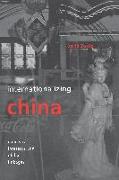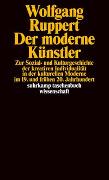Internationalizing China
BücherAngebote / Angebote:
China began opening to the outside world in 1978. Based on extensive research, David Zweig's book focuses on transnational contacts in tightly regulated areas such as business and higher education, rural development and investment. The cumulative effect of these contacts, Zweig asserts, has been a profound shift in the institutional structures and normative aims of Beijing.Zweig surveys the extraordinary changes seen in four sectors of the domestic political economy of contemporary China: the establishment of development zones, rural joint ventures, the struggle over foreign aid, and higher education. Finally, he addresses the crucial question of whether, on balance, internationalization weakens or strengthens state power.Zweig believes that internationalization, rather than globalization, best describes China's opening. While globalization implies a phenomenon outside government control, internationalization, which combines increased transnational flows and decreased regulatory controls, retains the state as a core part of the analysis. It also recognizes the role played by domestic demand for international resources. Chinese bureaucrats initially opposed to the opening recognized the enormous opportunities for political influence and wealth it represented, and reversed their positions. Going further, they facilitated and encouraged global exchanges, undermining the very rules set down by the state. The result, Zweig finds, has been a more internationalized China than the leadership anticipated.
Folgt in ca. 15 Arbeitstagen




